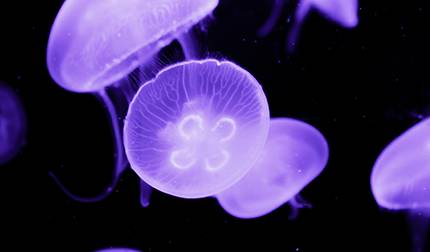The CNIPA has rejected hundreds of bad-faith applications relating to the Beijing Winter Olympics
It also invalidated 43 bad-faith registrations ex officio under Article 44 of the Trademark Law
The CNIPA has been increasingly proactive in the fight against bad-faith trademarks since 2019
Chinese freestyle skiing star Ailing (Eileen) Gu concluded the 2022 Beijing Winter Olympics with two gold medals and one silver. While her remarkable achievements attracted enormous attention, it has also come to the spotlight that there have been multiple bad-faith registrations of her name. The earliest registration was filed in June 2019, only days after she announced taking Chinese nationality. Similarly, there are also dozens of bad-faith trademarks for official mascots Bing Dwen Dwen and Shuey Rhon Rhon.
On 14 February 2022 the China National Intellectual Property Administration (CNIPA) announced the rejection of 429 bad-faith applications for the names of Bing Dwen Dwen, Ailing Gu and various other Olympics athletes. Most interestingly, 43 bad-faith registrations were also invalidated by the CNIPA ex officio.
The CNIPA declaring a registered mark invalid without someone filing an invalidation application is quite new in practice. The legal ground for the CNIPA’s ex officio invalidation lay in Article 44 of the Trademark Law, which stipulates that, where a trademark registration is in violation of the good-faith principle or certain other provisions, the CNIPA may declare the registration invalid. This power has rarely been exercised by the CNIPA in the past. However, it expected that, against the background of tightened scrutiny over bad-faith trademarks, such power will be used more often.
Since 2019, the CNIPA has been increasingly proactive in the fight against bad-faith trademarks: it rolled out new rules regulating trademark applicants and agencies, and also initiated multiple clearance campaigns to clear hijacked marks. One trend seems to be that the CNIPA follows public opinion more closely than before. It also reacted quickly when seeing the trademark hijacking of buzzwords during special times, such as Li Wenliang (whistle-blower for covid-19) during the covid-19 pandemic, as well as Bing Dwen Dwen and Ailing Gu during the 2022 Winter Olympics.
Other highlights in the past three years include the following:
In October 2019 the CNIPA issued “Several Provisions on Regulating Trademark Registration Applications”, giving examples of abnormal trademark filings and penalties. Applicants and trademark agencies can be fined by the local authorities for lodging abnormal trademarks without intent to use.
In early 2020, shortly after the covid-19 pandemic started, the CNIPA closely monitored trademarks related to covid-19. It rejected 328 applications and 866 applications were voluntarily withdrawn by applicants.
In March 2021 the CNIPA launched a special campaign to combat bad-faith trademarks, in particular those applied for after high-profile events, and those referring to public figures and commercial marks with a strong distinctive character and reputation, among others.
In August 2021 the CNIPA announced the rejection of 109 trademark applications relating to gold medal winners of the Tokyo Olympics.
In January 2022 the CNIPA issued new rules to implement a social credit system in the IP field. A history of bad-faith trademark filing will be entered into the corporate social credit system. Trademark hijackers could lose funding opportunities and benefits, while being subject to stricter scrutiny and restrictions in various aspects of their business activities.
These new rules and practice give right owners new options to find strategies against bad-faith trademarks:
Rights owners may complain to the CNIPA and the local authorities about persistent bad-faith hijacking activities.
Rights owners may seek administrative penalties against the hijacker, which will leave a negative mark in the hijacker's social credit record.
The loss of social credit points and restrictions in their business activities should be more of a deterrent for hijackers than losing a single trademark registration.












